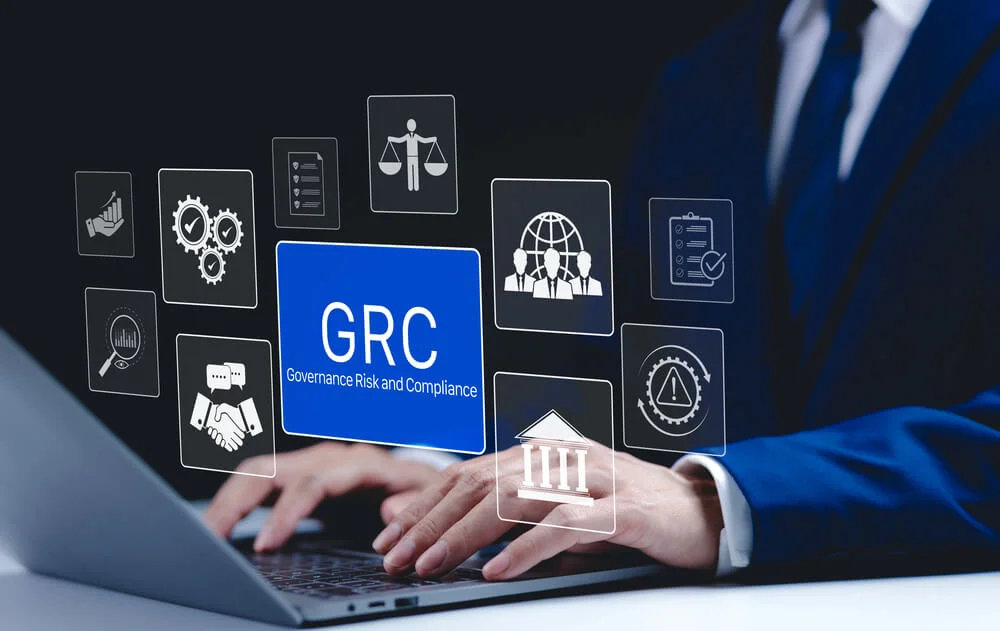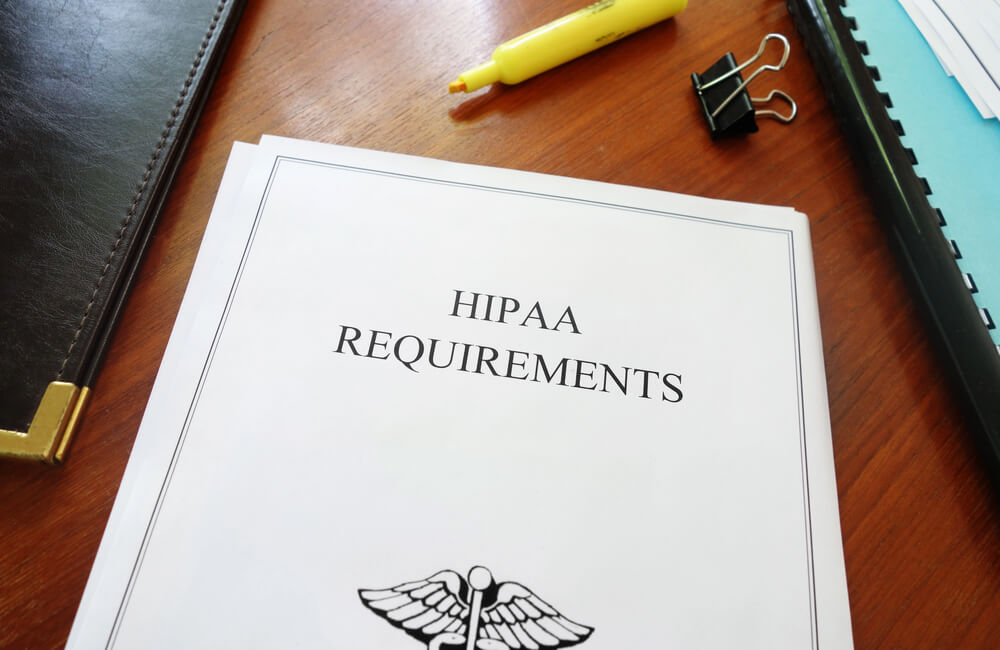What Is Continuous Criminal Monitoring and Should You Implement It?
Criminal background checks are crucial in an organization’s decision to hire a job applicant. While most businesses use a background check before hiring an employee, only 11% re-screen employees once hired. Even periodic checks — typically occurring annually — generally assume the best from workers and leave corporations blind to possible security risks between reviews.
Continuous criminal monitoring provides automated and real-time alerts about employee arrests. The tool allows for a more transparent workforce and secure enterprise.

Understanding Continuous Criminal Monitoring
Standard background checks are time-bound tools, meaning the provided information focuses on a specific period. Overall, a background check is an effective snapshot of a person’s criminal record, but it only serves as a review of the time preceding employment or concurrent checks.
Even organizations that commit to recurrent checks are vulnerable in between reports. It is possible for an employee to commit a crime during the six to 12-month window between reporting that would otherwise disqualify them from employment.
Continuous monitoring provides 24/7 access to criminal data, including arrest records, and real-time alerts notifying employers of verified arrest or court information. With the help of continuous criminal monitoring, companies can assess employment records and determine the best course of action to protect the brand and business assets.
How Monitoring Works
A consumer reporting agency or service operates a continuous monitoring operation, meaning it is separate from in-house human resource departments. The CRA holds a contract with an organization to screen and re-screen employees on a set schedule. The screening process is similar to pre-hire background checks, except that it is ongoing.
When a CRA receives an alert about an employee at a specific firm, it verifies the information through public court documents. Once verified, the service submits the report for employer review.
While continuous vetting may seem extreme, it is valuable to organizations, especially those dealing with sensitive information. The Department of Defense and the Defense Counterintelligence and Security Agency use versions of continuous monitoring systems to vet current workers and applicants.
How Continuous Monitoring Stands Up Against Regulatory Compliance Issues
Before a company contracts a continuous criminal monitoring service, it must understand state employment laws and regulations. Some states restrict the use of such tools; for example, California regulations may inhibit some use or complicate the continuous process. Still, many states permit ongoing checks, and the Equal Employment Opportunity Commission provides guidance on how arrest and conviction records can affect employment decisions.
Also, continuous monitoring allows businesses to relax pre-employment criminal history policies that may limit opportunities for people with past convictions or records. For government agencies and contractors, ongoing monitoring will enable you to comply with the Federal Fair Chance Act while still protecting your organization against current criminal behavior.
5 Benefits of Continuous Criminal Monitoring
From client protection to reputation management, continuous monitoring has many advantages for employers able to use it.
1. Protection of Client Information
Clients entrust businesses with sensitive information, from credit card numbers to health records. When people hand over this information, they do so assuming the company and employees handling it are trustworthy. Also, they likely believe that business owners do their due diligence to ensure private and sensitive data does not end up in the hands of the criminal element.
Continuous monitoring allows business owners to maintain consumer trust. In addition, such a practice can act as a defense against any liability concerns or problems.
2. Prevention of Fraud
One element of continuous monitoring that is especially valuable to the healthcare industry is license checks. Fraud and abuse are common issues in healthcare, especially against elderly Americans. Continuous monitoring helps ensure that all employees are who they say they are and have the qualifications they claim to have.
Ongoing alerts allow employers to take swift, proactive action against nefarious actors. Knowing about arrests and criminal activity early allows employers to prevent future issues and interactions with clients by intervening and possibly terminating employment.
3. Discouragement of Theft
When employees are aware that continuous criminal monitoring is part of their contract, the knowledge can help discourage theft and other behaviors. Retailers, investment firms, and brokerage houses deal with highly sensitive financial information from consumers. The information employees have access to in these businesses can make embezzlement and identity theft easy and tempting.
Even if continuous monitoring does not stop criminals before a theft, once arrested, the employer can assess the incident and take appropriate actions. Through monitoring programs, employers can safeguard clients and their information.
4. Safer Work Environment
One of the most significant benefits of continuous criminal monitoring is that it creates a safer work environment. While traditional background checks inform of past mistakes, continuous monitoring alerts employers to current criminal behavior.
The monitoring is like a workplace security system, allowing employees to feel safer. A CRA can inform an employer of employee incarcerations and early indicators of criminal activity or risky behavior. With current information, an employer can make the decision that is best for the business and other employees.
5. Organization Reputation
A company’s reputation is everything; it establishes the foundation for consumer loyalty and a committed workforce. If a company doesn’t protect its reputation by ensuring the criminal element remains outside its walls, its operations and performance suffer.
Continuous monitoring is one way to contribute to reputation management. By ensuring employees are a genuine representation of the corporate culture, a business can bolster brand reputation and consumer trust.
Securing Physical and Digital Assets With Continuous Criminal Monitoring
Ongoing monitoring for criminal activity benefits the workforce and organization by ensuring a safe and transparent environment. Without such monitoring, violent offenders or white-collar criminals may work for an extended time alongside honest employees and sensitive information or data.
While continuous criminal monitoring definitely offers peace of mind for business owners, it is not the only protection they need from nefarious actors. Digital assets face increased threats daily, and it is essential to integrate safeguards to protect information. Compyl is an automated security and compliance software that complements existing information security divisions. Contact us to learn more.




